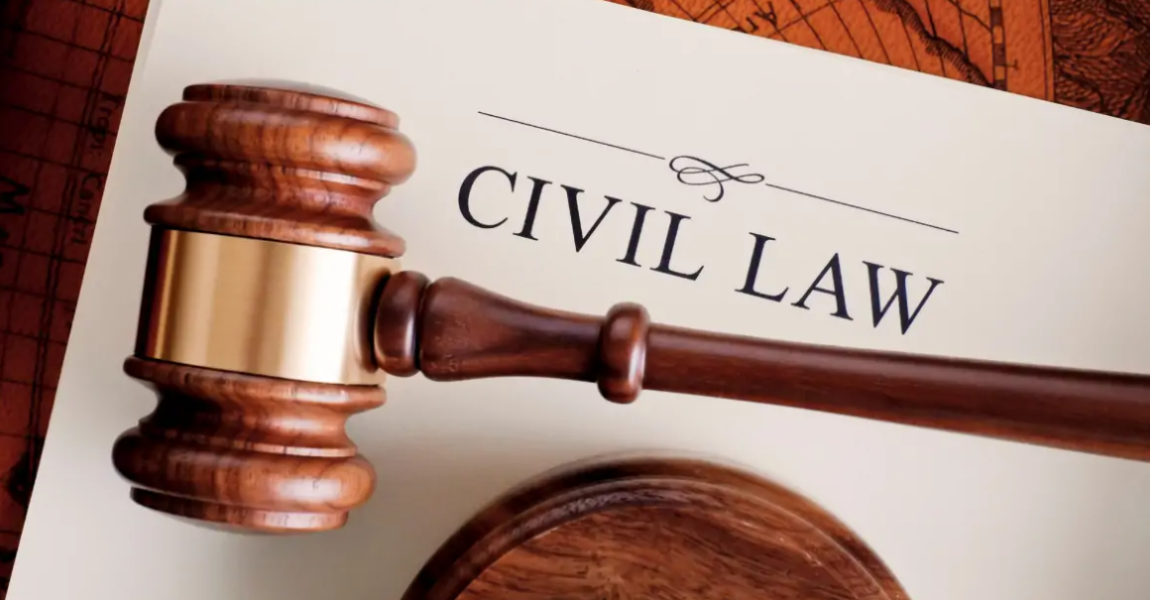
- September 23, 2022
- |Civil Law, Practice, And Procedure, Concise Law Reports (CLR)
CIVIL PRACTICE – APPEAL – ENFORCEABILITY OF FOREIGN DEFAULT JUDGMENT; REAL FACTS IN DISPUTE; POWER OF JUDICIAL OFFICER TO MERO MOTU MAKE FINDINGS; RAISING NEW POINTS ON APPEAL
In an application that sought an order declaring a default judgment granted against the respondents in a foreign court (a Dutch court) enforceable and executable against the respondents in Namibia, the court a quo dismissed the application on the basis of two points raised in limine by the respondents.
HOFF JA (MAINGA JA and LIEBENBERG AJA concurring) considered the appeal and held that:
- The court a quo erred in upholding the first point in limine that the documents on which the appellant relied on for the default judgment had not been authenticated. The court a quo impermissibly relied on a bare and unsubstantiated allegation by the respondents to this effect, in spite of uncontested evidence by the appellant that the documents relied on had indeed been properly authenticated.
- The court a quo erred in upholding the second point in limine that the default judgment pronounced in the District Court of Rotterdam had not been final and conclusive. The court a quo misinterpreted the uncontroverted expert evidence presented on behalf of the appellant, and on which evidence the court a quo itself relied on for its decision, to the effect that the default judgment granted, was final, definitive and unassailable.
- In respect of disputes of fact in application proceedings, a court must establish whether or not there is a real dispute of fact. A bare or unsubstantiated denial of material averments cannot be regarded as sufficient to defeat an applicant’s right to secure relief on affidavit. Enough must be stated, by a respondent, to enable the court to ascertain whether the denials are not fictitious or intended merely to delay. If the statement constituting the denial is an inference from the facts, the affidavit in question must at least disclose facts supporting the inference. A court must not permit simple and blatant stratagems of denial to circumvent its effective functioning.
- It is inappropriate and unfair for a judicial officer to unilaterally or mero motu make findings on matters not put before him or her either in evidence, or oral or written submissions by a party, and in circumstances where the party against whom the judgment is given had not been given the opportunity to address the court upon such issue.
- As a general rule the appeal court is disinclined to allow a party to raise a point for the first time on appeal but has a discretion to allow or disallow such new point; where it is covered by the pleadings; where it would be unfair to the other party; and where the other party would have conducted its case differently had the point been raised earlier in litigation.
In the result, the appeal was upheld and the decision of the court a quo was set aside with costs
Standic BV v Petroholland Holding (Pty) Ltd NASC 23 September 2022